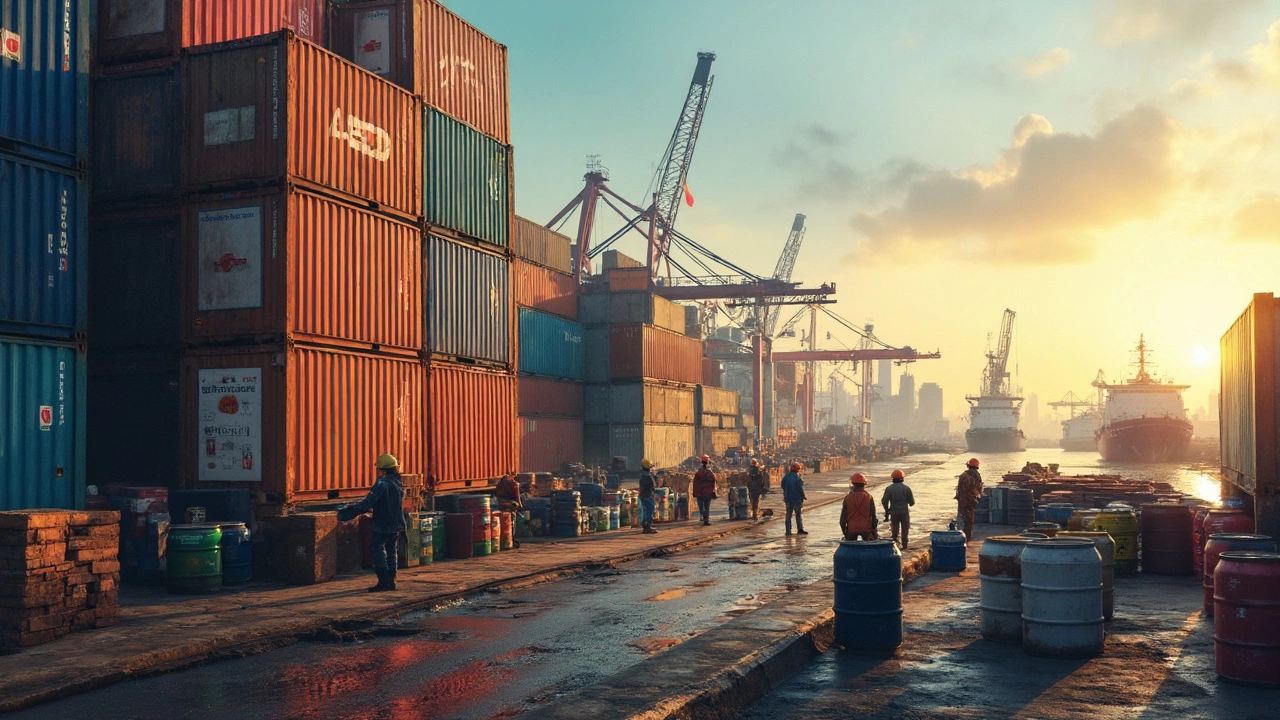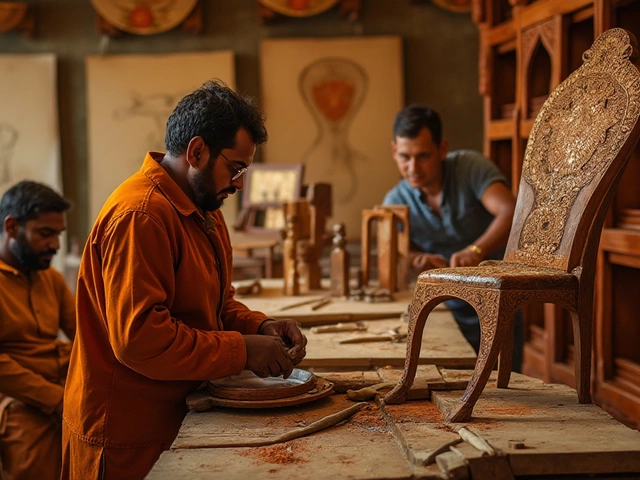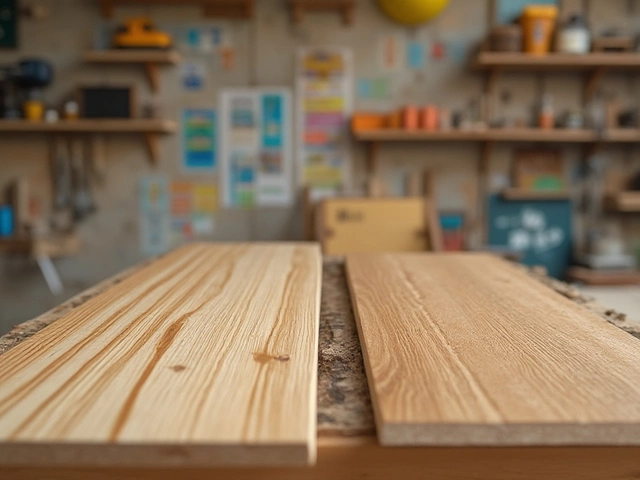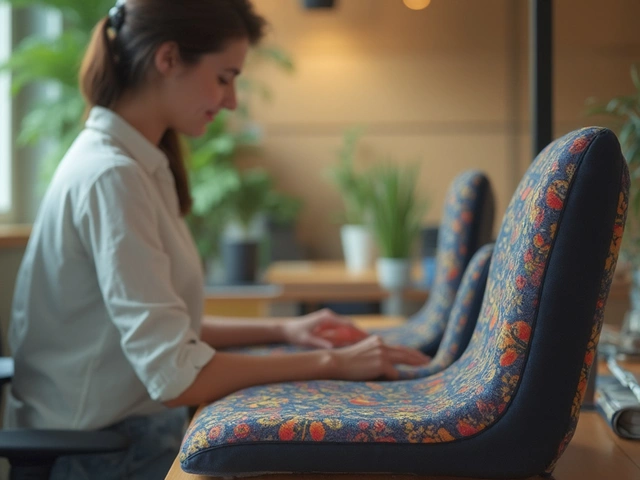Raw Material Sourcing for Indian Tissue Production
Getting the right raw material is the first step to making good tissue. If you use low‑grade pulp, the final product will feel rough and fall apart quickly. At Innovative Tissues we look for material that is cheap enough, strong enough, and kind to the environment.
India has a lot of forest resources, but most big tissue makers also use recycled fibers. Recycled pulp saves trees, reduces waste, and often costs less than virgin wood. The trick is to find a recycler who can give you clean, consistent fiber that won’t affect the softness of the tissue.
Choosing the Right Suppliers
Start by checking the supplier’s track record. Ask for samples, ask how they test their pulp, and see if they can meet your volume needs. A good supplier will share a certificate of compliance that shows they follow Indian forest laws and global sustainability standards.
Price is important, but don’t let it be the only factor. Look at delivery reliability, payment terms, and how quickly they can respond to changes in demand. A supplier who can ship on time helps you keep your production line running smoothly.
Visit the supplier’s plant if you can. Seeing the equipment and talking to the staff gives you confidence that the pulp is handled properly. It also shows the supplier that you care about the partnership, which often leads to better service.
Sustainable Practices in Raw Material Sourcing
To keep the supply chain green, many Indian manufacturers choose FSC‑certified wood. FSC (Forest Stewardship Council) certification means the forest is managed responsibly. If you mix FSC wood with recycled fibers, you can claim a high sustainability rating for your tissue.
Another tip is to work with local farmers who grow bamboo. Bamboo grows fast, uses little water, and creates strong fibers that work well in tissue. Because it’s grown close to the factory, transportation costs drop and the carbon footprint shrinks.
Track your material usage with a simple spreadsheet or an ERP system. Knowing exactly how much pulp you use each month helps you avoid over‑ordering and waste. It also makes it easier to spot price changes and negotiate better deals.
Innovative Tissues India follows these steps every day. We mix 60% recycled pulp with 40% FSC‑certified wood, check each batch for strength, and keep a log of all supplier deliveries. The result is a soft, strong tissue that customers love and a supply chain that stays green.
If you’re starting out, begin with a small pilot order from a trusted recycler, then add a certified wood source once you see the process works. Keep the conversation open with your suppliers and always ask how they improve their own sustainability. That attitude builds a partnership that lasts and keeps your tissue quality high.
In short, raw material sourcing is about balancing cost, quality, and the environment. Pick reliable suppliers, mix recycled and certified fibers, and track everything. Follow these basics and you’ll be on the right path to making great Indian tissue.
Which Chemical Is Mostly Imported in India? Key Insights for Chemical Manufacturers
India relies on chemical imports for its massive pharmaceutical, agriculture, and manufacturing industries. This article uncovers the top chemical India imports, why they're crucial, and what moves the market. From China’s dominance to the latest import trends, get clear insights and tips for staying ahead. Useful for anyone involved in sourcing or trading chemicals in India. Stay informed and make smarter choices in a tough market.
View More




